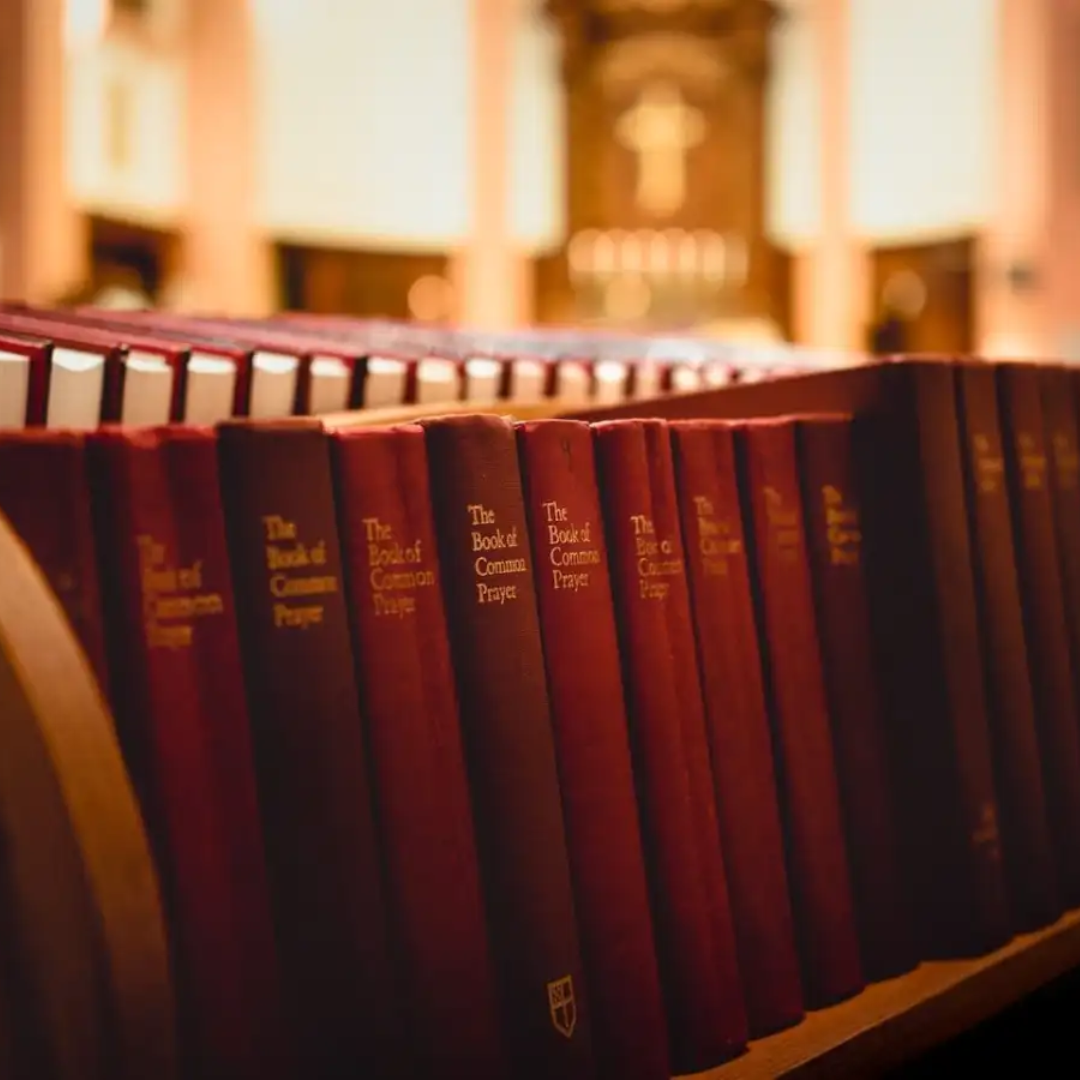Anglicanism
The core of Anglican belief is revealed in Scripture and affirmed in the Apostles’, Nicene, and Athanasian Creeds.
In concert with the Nicene Creed the Anglican church seeks to be:
One We are connected to one another and connected to all faithful churches—both Anglican and non-Anglican—around the world and across time. We have a formal connection to all churches in the Anglican Communion (churches in 164 countries with about 77 million members).
Holy We believe that the church is set apart for God’s purposes, by God’s grace, which is given to us in Christ Jesus.
Catholic Rather than referring to the Roman Catholic tradition, we use the word “catholic” in the sense of being united to what has been believed by Christians always and everywhere.
Apostolic We recognize the continuity of the church from the time when Jesus’ first apostles lived. Our faith is handed down to us from the apostles. We celebrate the richness of God’s enduring truth and seek wisdom to apply it in all kinds of contexts.
The worldwide Anglican Communion is formally united by bishops that represent mostly geographical areas called dioceses. Christ Church Anglican is part of the Diocese of Western Anglicans in the Anglican Church in North America (ACNA).
The bedrock of Anglican worship is the Book of Common Prayer (BCP). The first BCP was produced in 1549, largely by then-Archbishop of Canterbury Thomas Cranmer. Cranmer’s goal was to root the worship of the people on solid, biblical theology influenced by the Protestant Reformers, and also into the language of the people, allowing the worshippers to engage in worship with heart, soul, and mind.
The Sunday morning worship service includes corporate prayer, singing, hearing Scripture read, reciting creeds, confessing sins, and, finally, remembering the story of our redemption as we are invited forward to take the bread and wine that are, mystically, the presence of Christ’s body and blood.
As Anglican churches spread throughout the world, and as the English language evolved, new editions of the BCP have been produced in order to preserve the principle of worship in the language of the people of a given culture. It is not uncommon for Christians who are not members of the Anglican Communion to use portions of the BCP in worship. We celebrate this beautiful gift that we can share with the larger body of Christ.
The word “Anglican” refers to a heritage and roots in the Church of England. Members of the Church of England came to America in the sixteenth and seventeenth centuries. In many of the original colonies, the Church of England was the established (or “official”) Church. After the Revolution, American Anglicans established an autonomous branch of the Church, which became known as the Episcopal Church.
During the last twenty-five or so years, many in the Episcopal Church were grieved to see historic Christian truths abandoned. New churches were formed and called “Anglican” to retain connection to the worldwide communion. Christ Church Anglican is one of those churches.
Find out more by reading this autobiography, Safe for a Week, by Archbishop Robert Duncan, the first archbishop of the ACNA.

